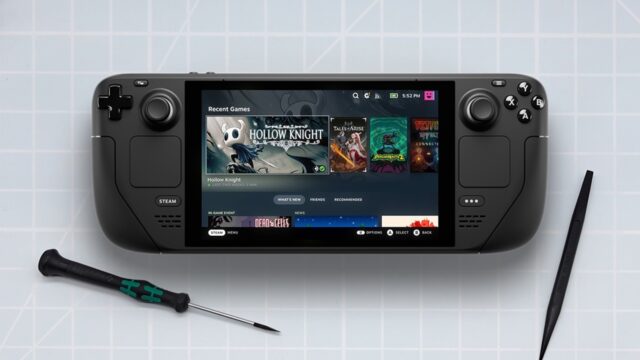Microsoft plans to enter the handheld gaming market, directly challenging Valve’s Steam Deck. This move signifies Microsoft’s intent to dominate portable gaming, leveraging its extensive software ecosystem and cloud gaming services.
Microsoft’s Handheld Ambitions
Historically, Microsoft has focused on home consoles and PC gaming, leaving handheld devices to competitors like Nintendo and Sony. However, the success of Valve’s Steam Deck has highlighted a lucrative market segment. Microsoft now aims to capture this audience by developing its own handheld gaming device.
Integration with Windows 11
Recent reports indicate that Microsoft is optimizing Windows 11 for handheld gaming. The company is experimenting with a dedicated handheld mode, enhancing the user interface for smaller screens and touch controls. This adaptation would allow seamless access to PC games and services on a portable device, providing a familiar environment for gamers.
Leveraging Xbox Cloud Gaming
Microsoft’s cloud gaming service, Xbox Cloud Gaming, stands as a significant advantage. By integrating this service into the handheld device, users can stream high-quality games without the need for powerful hardware. This approach reduces production costs and offers a vast library of games accessible on the go.
Potential Collaboration with Hardware Partners
While Microsoft has the capability to develop hardware in-house, the company may collaborate with established manufacturers. Partnerships with firms like ASUS, known for the ROG Ally, or Logitech, which has developed cloud gaming handhelds, could expedite development and leverage existing expertise.
Challenges Ahead
Entering the handheld market presents challenges. The Steam Deck has set a high standard with its performance and integration with Steam’s vast library. Microsoft must ensure its device offers competitive hardware specifications, battery life, and pricing. Additionally, convincing developers to optimize games for a new handheld platform will be crucial.
Market Implications
Microsoft’s entry into the handheld gaming market could intensify competition, leading to innovations and potentially lower prices for consumers. It also reflects the growing importance of portable gaming solutions in the industry.
Microsoft’s plan to develop a handheld gaming device indicates a strategic expansion into new market territory. By leveraging its software ecosystem, cloud gaming services, and potential hardware partnerships, Microsoft aims to offer a compelling alternative to the Steam Deck. Success in this venture could reshape the handheld gaming landscape and further solidify Microsoft’s position in the gaming industry.














